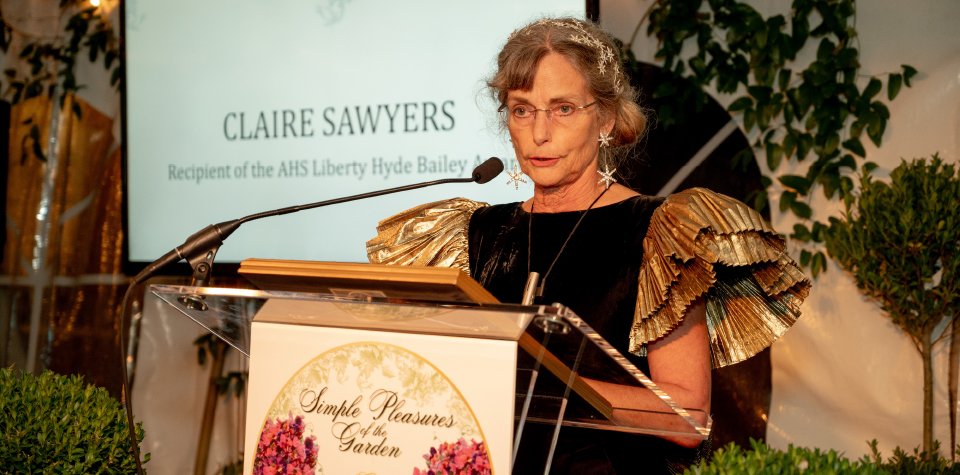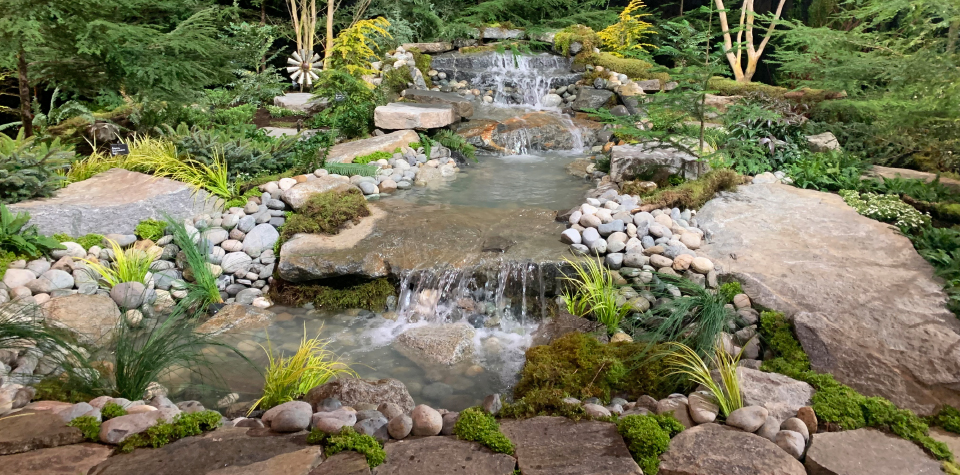AHS Book Awards
Every year, we celebrate the best new garden books with our annual Book Awards. Since 1997, a panel of gardening experts has chosen winners based on writing, accuracy, and beautiful design. Both authors and publishers are recognized for these outstanding books.
Environmental Awards
Honoring the most environmentally responsible horticultural exhibits across the U.S., these awards demonstrate the bond between horticulture and the larger natural world.
Growing Good Kids Book Awards
Created in collaboration with the Junior Master Gardener program, these awards recognize outstanding children’s literature focused on gardens and nature and are presented annually at our National Children & Youth Garden Symposium.
Award Endowments
We are thankful to the following endowments that support our mission to highlight horticultural excellence:
Jane Taylor Teaching Award Endowment Fund
H. Marc Cathey Award Endowment Fund
Frances Poetker Endowment



